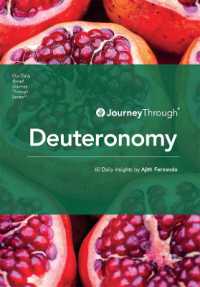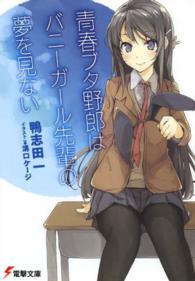Description
(Short description)
Kein anderes Ereignis der Zeitgeschichte hat in Europa eine solche identitätspolitische Bedeutung und ist so stark von geschichtspolitischen Konjunkturen und nationalen Interpretationen abhängig wie der Zweite Weltkrieg. Die Autoren des Bandes untersuchen vor diesem Hintergrund ausgewählte osteuropäische Museen als Medien der Erinnerung und Ergebnisse geschichtspolitischer Debatten: Spielen sie die Rolle von historischen »Schiedsrichtern« oder werden die musealen Inszenierungen ausgehandelt? Im Zentrum der Analysen stehen Themen wie Opferhierarchien, Umgang mit dem Holocaust und Kollaboration. Der Band untersucht die Bedeutung von Museen im östlichen Europa für die Erinnerung an den Zweiten Weltkrieg.
(Text)
The authors of this anthology compare for the first time the meaning of the museums and memorials for the debates surrounding the memory of World War II in Eastern Europe. No other event in the history of Europe has had such a broad influence on the political identity and has become so strongly interwoven with the political history and national interpretations as World War II. Against this background, the authors of this anthology look at selected museums in Eastern Europe and study their role as mediators of memory and the offspring of historical debates. Have they become historical "referees" or are the stagings in museums planned events? At the core of these analyses furthermore lie themes such as victim hierarchies, dealing with the Holocaust and collaboration.
(Short description)
Commemorations of World War II in Eastern Europe.
(Text)
The authors of this anthology compare for the first time the meaning of the museums and memorials for the debates surrounding the memory of World War II in Eastern Europe.
No other event in the history of Europe has had such a broad influence on the political identity and has become so strongly interwoven with the political history and national interpretations as World War II. Against this background, the authors of this anthology look at selected museums in Eastern Europe and study their role as mediators of memory and the offspring of historical debates. Have they become historical "referees" or are the stagings in museums planned events? At the core of these analyses furthermore lie themes such as victim hierarchies, dealing with the Holocaust and collaboration.
(Author portrait)
Sabrina Lausen ist wissenschaftliche Mitarbeiterin am Lehrstuhl für Neueste Geschichte an der Universität Paderborn.








